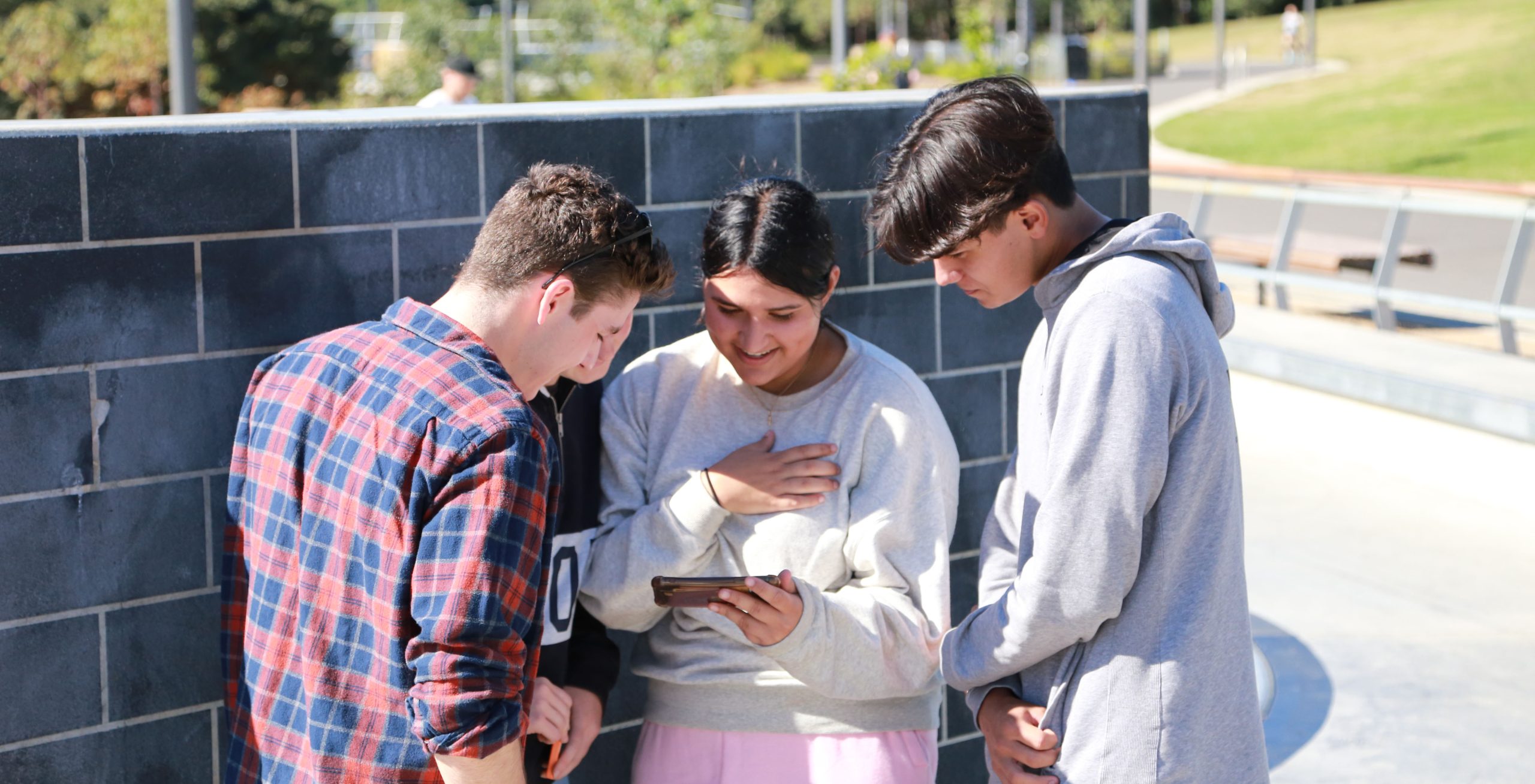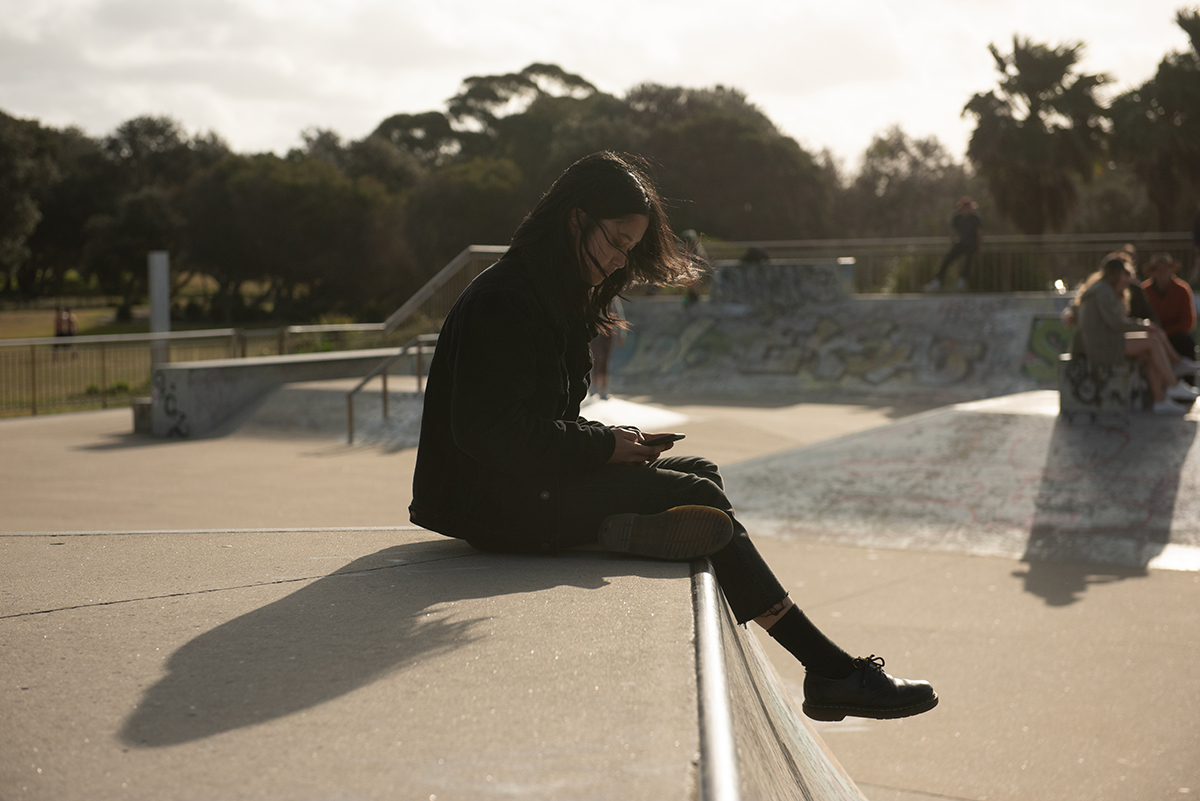Is social media harming our mental health?

Or do the positives of sharing our lives online outweigh the negatives?
The social dilemma
Social media is an excellent digital communication tool, fostering new connections, strengthening relationships, and providing access to global brands and online social support. However, its vastness and constant evolution can also lead to detrimental effects, such as feeling overwhelmed and falling into a cycle of addictive “doom-scrolling.” This can particularly impact young people’s mental health, raising concerns about the need to distinguish healthy habits from harmful ones and ensure social media has a meaningful purpose in our lives.
How can we recognise the good habits from the bad?

The pros and cons of social media use on mental health
While social media remains a relatively new technology, more and more studies highlight a strong connection between heavy social media use and increased feelings of loneliness, anxiety, depression, self-harm, and even suicidal thoughts^.
According to the 2022 Headspace National Youth Mental Health Survey 57% of the young respondents reported worsening mental health. Among them, a significant 42% attributed this decline to their use of social media. Similarly, a 2019 three-year observational study of almost 10,000 young people found that teenage girls who frequently use social media are particularly vulnerable to mental health issues, with disrupted sleep and greater exposure to cyberbullying contributing significantly to their distress.
However, the results are not all bad. In contrast, the same study reveals that young people strongly value their online social connections and access to information, including mental health organisations and resources. Feelings of connectedness and belonging are linked to higher life satisfaction and lower levels of depression and anxiety^. Moreover, for individuals who struggle with face-to-face communication, social media can offer a more comfortable and accessible means of connecting with others.
But when does it become too much?

Recognising the negatives
There is no one-size-fits-all approach to setting boundaries for social media use, as each individual’s experience varies. Instead, assessing the impact time spent on social media has on your mood, motivation, and other aspects of life is crucial. Social media platforms are designed to captivate and retain your attention; therefore, you need to recognise signs of how your online engagement is negatively affecting you, such as distracting you from important things like work or school, face-to-face relationships or leaving you feeling upset, envious, lonely, angry or depressed.
- Using social media as a substitute for face-to-face interactions or constantly online, even when out with friends.
- You are constantly comparing yourself unfavourably with others.
- Feeling constantly distracted and needing to check social media during important school, work or home activities.
- You are neglecting self-reflection or mindfulness.
- You are engaging in risky behaviour to gain likes, shares, or positive reactions on social media. For example, you post embarrassing photos or follow dangerous prank trends.
- You scroll through content passively without active engagement.
- Experiencing trouble sleeping and checking your phone late at night and first thing in the morning or even during the night when you wake up.
- You notice worsening symptoms of anxiety, depression or isolation after using social media
- You are experiencing cyberbullying.
- You experience a fear of missing out (FOMO) and find yourself checking social media compulsively.
- You overshare personal thoughts and images. For example, posting multiple selfies, posts, stories and reels of your innermost thoughts multiple times a day.
If several of the above warning signs resonate, it may be time to reassess your habits. Reflecting on your motivation for ‘logging on’ can help improve your overall social experience.
Flipping the script and creating a mentally-healthy social feed
Understanding your motivations behind social media use can help to create a positive online experience. If you use social media to connect with others, access information and resources, and strengthen relationships, you are more likely to have a positive experience rather than as a remedy for boredom through continuously scrolling to fill a void.
To maintain a positive social media experience, consider taking the following steps:
- Monitor social media usage.
- Limit the time spent online.
- Turn off your phone at specific times of the day.
- Journal or record your emotions after using social media.
- Adjust privacy settings to control who sees your posts.
- Report any negative behaviour to the relevant social media platform.

Instead of solely relying on social media platforms, consider replacing some of your digital time with other online tools that fulfil similar purposes but also help you monitor your moods and mental health more broadly.
The free YourCrew app is a fantastic tool for this. Co-designed with young people, YourCrew offers a safe and supportive environment to connect with friends and support each other through daily pressures, such as the negatives that can arise from using social media or bullying. While YourCrew is similar to social media platforms in that you can connect with close friends and family, you can also access valuable resources, track moods and thoughts in the private journal or the colour-coded mood calendar, and get direct links and phone numbers to professional third-party organisations if needed. Whether you use it to complement or replace social media, YourCrew prioritises mental health, promoting healthy, honest relationships within a strong support network.
Using your platform for good
For avid social media users who find cutting back a challenge, funnelling your passion for the digital space and using your platform for good can be a fulfilling way to make a difference.
Participating in online challenges that focus on improving societal issues, such as the Make Noise Your Way challenge, which promotes awareness and advocacy of youth mental health, can turn social media into a force for good, benefiting not only yourself but also your followers and the wider community.
So next time you log in to check your feeds, ask yourself ‘what are my motivations for checking in today and what can I do to ensure my experience remains a positive one?’